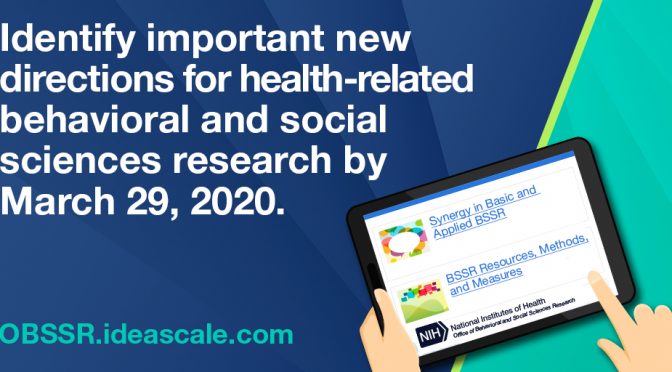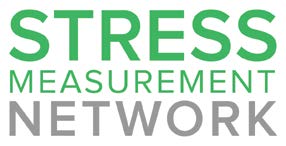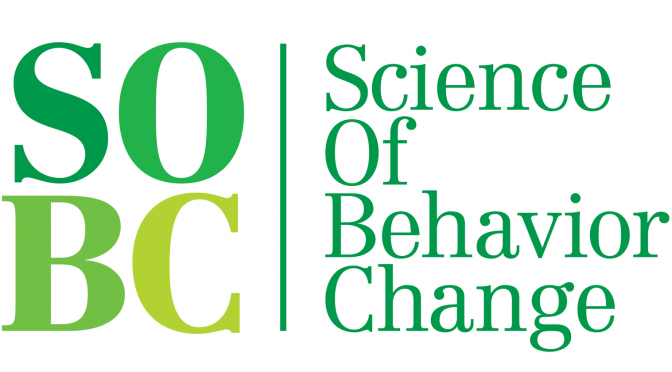
Upcoming Mind the Gap Webinar | Connections Between Traditional and Causal Mediation Methods
Presented by: David P. MacKinnon, Ph.D.
Thursday, June 18, 2020 | 2:00–3:00 p.m. ET
Register here.
About the Webinar
This presentation describes mediation analysis and the connections between traditional mediation analysis and recently developed causal mediation analysis. Mediating variables have a long and important history in theoretical and applied research because they describe how and why two variables are related. One common example of applied mediation research is the study of the mediating processes that explain how a prevention/treatment program achieves its effects on an outcome variable. If the intervention’s active ingredients are identified, the intervention can be made more powerful and more efficient. Other applied mediation examples include identifying how a risk factor leads to disease and how early life experiences affect later development.
Important recent developments in causal mediation analysis include new counterfactual (potential outcomes) methods that generate accurate estimates for continuous and categorical measures. In general, researchers have been slow to adopt causal mediation methods because of their complexity and the perceived lack of connection between traditional and causal methods. However, understanding connections between traditional and causal mediation increases understanding of both methods. The background for each approach is described, along with questions about traditional mediation and potential outcomes that causal mediation perspectives can help answer. The presentation ends with future directions in mediation theory and statistical analysis.








